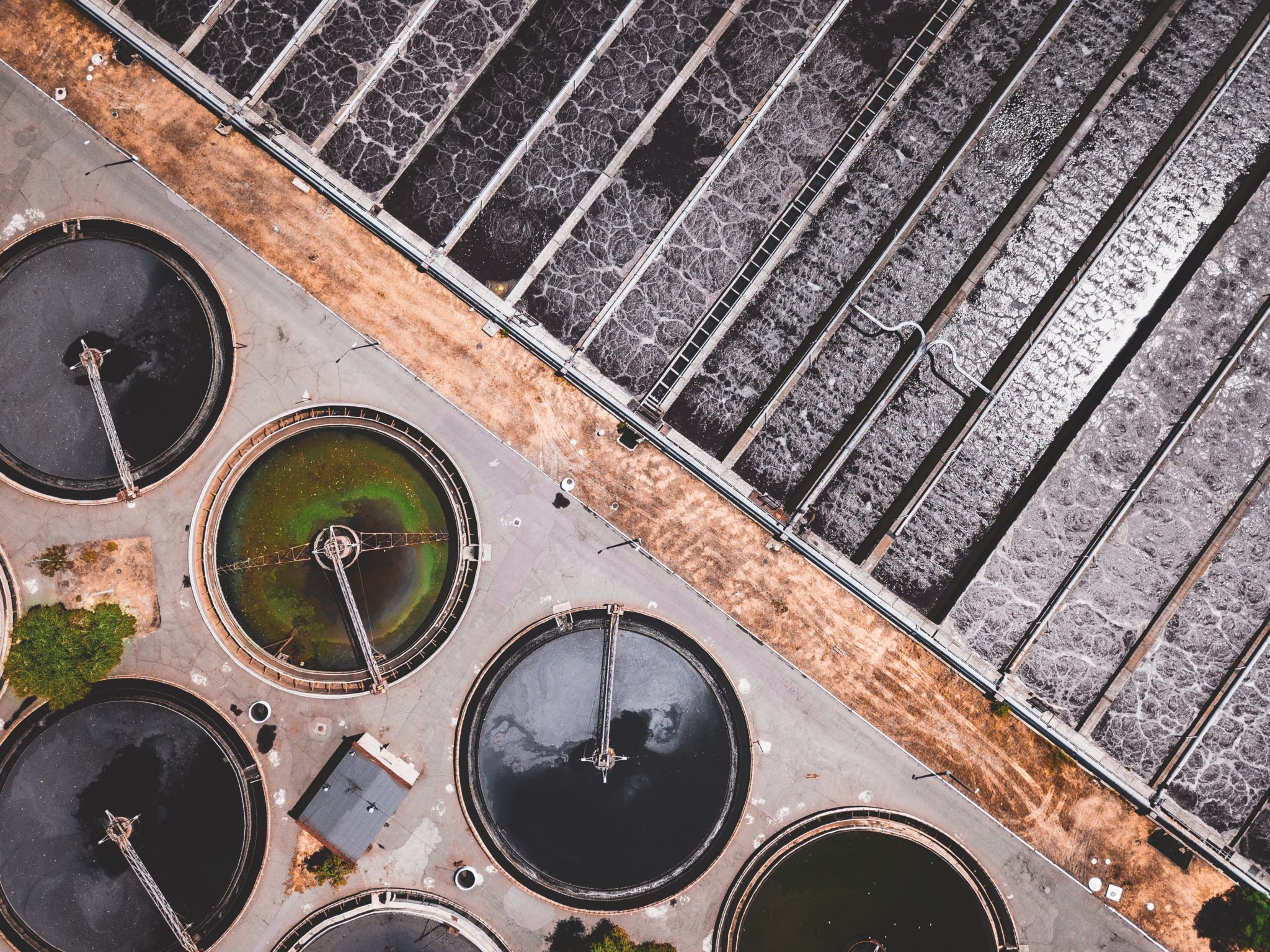
We’ve all been there – using the drains in your home or business to instantly dispose of whatever substance you’re working with is extremely convenient. But when it comes to substances that are even remotely hazardous, you can unknowingly cause a great deal of harm by doing so. There are many negative effects of pouring chemicals down the drain, both short-term and long-term, that we need to prevent.
What is Hazardous Waste?
Hazardous waste is defined as any material that exhibits one of more of the following traits:
- Toxicity
- Corrosivity
- Reactivity
- Flammability
Hazardous waste and chemical waste aren’t necessarily the same thing. Chemicals aren’t always harmful – however, the impact they often have on the environment, especially when coming into contact with other chemicals, can ultimately be considered hazardous waste.
Materials That Should Never Get Put Down the Drain
Many people don’t realize the consequences of the harsh chemicals they dispose of. In order to keep the environment, specifically our water sources, clean and safe, these are materials that you should never wash down the drain:
- Hazardous chemical waste (viscous, sludge or solids)
- Bio-hazardous waste
- Medical waste
- Radioactive waste
- Corrosive waste
- Latex or oil paint
- X-ray or photo processing chemicals
- Pharmaceuticals
- Formaldehyde
- Formalin
- Hydrogen peroxide
- Grease or oil
- Controlled substances
Short-Term vs Long-Term Environmental Effects
The impact hazardous waste has on the environment as we know it is enormous – air, water, soil and wildlife are all affected by human pollution.
The government does not take this lightly. In 2019 alone, there have been 37 environmental criminal cases sentenced by the U.S. Environmental Protection Agency (EPA) as an effort to prevent unwanted negative environmental effects. The effects that improper hazardous waste disposal has on the environment occurs in both short-term and long-term events.
Short-Term
The most critical short-term danger of pouring chemicals down the drain is water pollution. When poured down the drain, the impact chemicals have on our rivers, lakes, streams, and other water sources cause them to be unsafe for consumption by all living creatures.
Human health can deteriorate, leading to major health issues in areas where contamination is occurring – consider the effects of the 2014 water crisis in Flint, Michigan. Agriculture is also affected, with animals and plants becoming sick and dying when given contaminated water.
The short-term impact of dumping hazardous waste down the drain is irrevocable and substantial, but the long-term effects are even more alarming.
Long-Term
Long-term effects of putting hazardous waste down the drain are disturbing and extremely eye-opening. Some effects of human pollution caused by hazardous waste can include:
- Cancer and disease in humans
- Mercury and lead poisoning
- Mutation in animals
- Destruction of green space, waterways, and natural resources
- Population decrease of insects, such as bees
- Depletion of the ozone
There is a multitude of long-term effects that improper disposal of hazardous waste has on the environment and our wellbeing, many of which we don’t consider on a day-by-day basis. This doesn’t make the repercussions less important (or less real), so make sure you do your part for your company and the environment to handle waste disposal correctly.
Hiring a Third Party Waste Manager
Given the strict regulations by the federal government for the handling of hazardous waste disposal, you don’t want to make any mistakes. Hiring a qualified third party waste manager will save you time, money, and stress by assuring your waste is disposed of properly. While there is a cost upfront, save your business and the environment from the effects of pouring chemicals down the drain, especially dealing with repercussions from the government.
To learn about our waste management services, please contact us at MLI Environmental today!
Last updated on November 26th, 2025 at 02:43 pm
